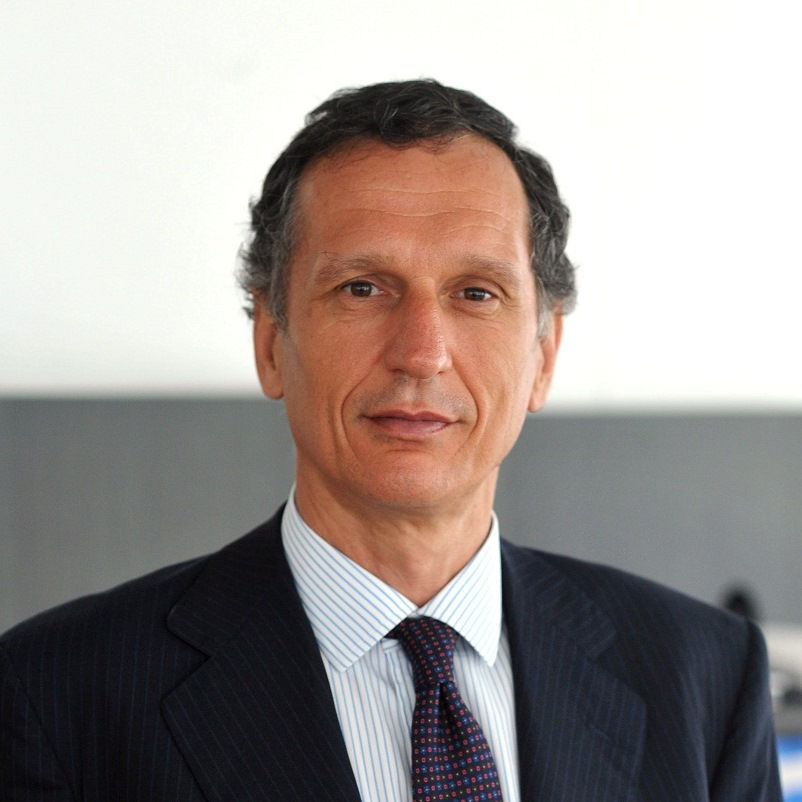Affidea CEO Interview: "Healthcare - More integration between public and private system"
English Translation of the interview of Affidea CEO, Giuseppe Recchi, for Corriere della Sera

Source: Corriere della Sera
Italian healthcare is one of the best in the world, but some weaknesses have emerged in this extraordinary situation. For example, over time, the role of general practitioners has weakened: it is important to think about their function and incentives, including financial ones, and to place them again at the centre of the system, not just reducing them to endorsers of prescriptions. Therefore, today it would be necessary to put all public and private healthcare structures together, assigning different tasks and correctly directing available resources, not just economic ones», stated Giuseppe Recchi, CEO of Affidea, the leading European provider of diagnostic imaging services with almost 8 million patients every year in 280 centers across 16 countries.
The health emergency raises a question: how much and to which extent must public and private healthcare be integrated?
«We will have to live with the virus, but we must trust science and healthcare: over time we will learn to better treat the disease, even before a vaccine will be available. All this will have an impact both on the relationships between people and on the risk management. For this reason, once the peak is reached, the country's healthcare infrastructures will have to be calibrated differently, with an integrated planning between public and private.»
One of the most pressing issues at the moment is to restart the businesses. How do you combine efficiency with safety in the workplace?
«The public system’s purpose coincides with that of private system, which is to map the spread of the infection within the population. Companies want to be able to guarantee for the safety of their employees, by managing those who have possibly contracted the virus and with the possibility, to offer access to safe workplaces. The public health system wouldn't be able to carry out this huge activity on its own, a very important role on the business front can be given by the private healthcare system».
How can businesses reopen safely?
«The healthcare system and the authorities will have to provide guidelines, but then each company needs to adjust and rethink its business continuity plans in order to comply to the new regulations. These decisions have to be taken starting with the private system. In this way, private can act as a trusted partner of the public, because in addition to supporting companies for the adoption of new procedures to safely access their workplace, they should be authorised to do diagnostic tests for Covid-19.
The support for the public system would thus be both logistical and economic as they would do for their own needs. Affidea has developed a strong clinical expertise and a safe model that we plan to offer to companies, helping them to reopen their business and return in a safe way to their workplace, protecting their employees.»
How does this model look like?
«In Italy we have a network of 1,500 clinicians and organized and planned clinical pathways. There is a pressing need for companies to make their operations safe, so much that they have asked us to carry out serological tests or the rapid tests, where permitted by the national regulations. The tests we carry out allow a relatively fast and cost-effective mapping».
Emergency rooms and hospitals have been places of infection. To what extent can telemedicine be an advantage for healthcare facilities?
«In a simple way: today, teleradiology allows a Swiss radiologist to read a CT scan or an MRI performed in Spain, while telemedicine allows a patient in Milan to be seen by a doctor from distance.
At Affidea, we have already implemented within several countries telemedicine and teleradiology services and our medical centers can work very effectively online, supporting patients and also public hospitals».
How will Italy come out of this crisis?
«Our society has not been able to simplify; every time there is a state of emergency, then emergency powers need to be given out in order to allow the country to manage through it. We have stifled extraordinary entrepreneurial talents and energies, but now the main urgency is to ensure liquidity to the enterprises and make sure that subsidies reach soon those who need them. The definition of this problem is lack of growth: we have the opportunity to simplify the operating mode of a country which has been harnessed for too long.»

